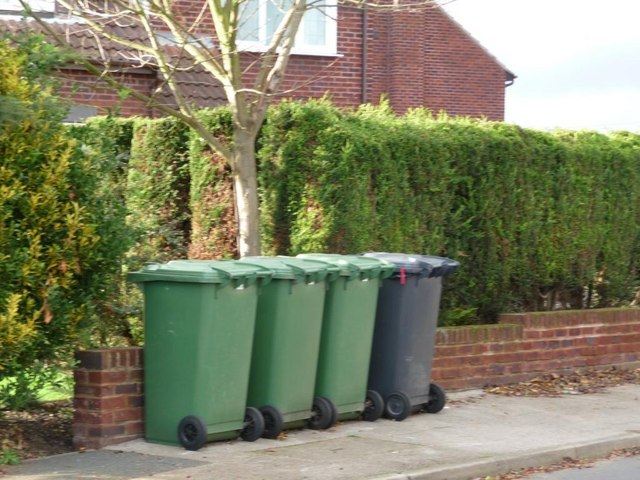Lets work together



Suite 3A, Chapel Allerton House, 114 Harrogate Road, Leeds, LS7 4NY
ukinfo@integrated-skills.com
+44 (0) 3300 888 670

Smart Bins – the new buzzword in waste management for the public sector. Though not used in private households at present, they have become a fixture in many high streets across the UK. What are these Smart Bins and how are they affecting the collection practices of local authorities?
What Are ‘Smart Bins’?
The idea behind Smart Bins is actually very simple. A collection bin is made smart by being fitted with a sensor which detects how full it is. This is useful, but not especially practical unless the bin is linked remotely to a computerised waste management system. If this is in place, the Smart Bin can send a signal to the management system when it is at or nearing capacity, or alerting the Local Authority to other issues such as being damaged.
How Smart Bins Work In Practice
This is where a simple idea has far-reaching implications. A city with a network of Smart Bins for different types of waste – e.g. recyclable plastics, glass, aluminium cans, food waste etc – can streamline its waste collection schedule and make valuable savings.
A council will no longer have to send collection vehicles out to bins that are still mostly empty. Smart Bins should also spell the end of overflowing bins during busy times, a problem that is both unsightly and a threat to human health.
Smart Bins become even more exciting when integrated with other technology solutions, such as cloud-based route optimisation software. By combining smart waste management routes with Smart Bins, a council can drastically reduce their staff costs, vehicle mileage and fuel consumption when collecting waste.
When a bin is full it immediately notifies the controller software, which syncs with the council’s route management application to send an optimised delivery route directly to its waste management drivers.
The council can also use its Smart Bins to monitor the volumes of different types of waste, ensuring that its recycling and waste management facilities are responsive to real-time need.
The Next Level
This is just the basic, ‘first level’ application of Smart Bins. Their potential value does not stop here. Smart Bins can be adapted to become hubs of a wider ranging Smart City initiative, incorporating:
The list goes on… As part of a Smart City, a Smart Bin becomes a useful public asset, capable of integration with a range of other sensors that allow more cost-effective, efficient delivery of public services.
Would you like to know more about The Effect of Smart Bins on the Collection Practices of Local Authorities in the UK? Fill in your details below and let us know how we can help.
Website Designed & Built by we are CODA